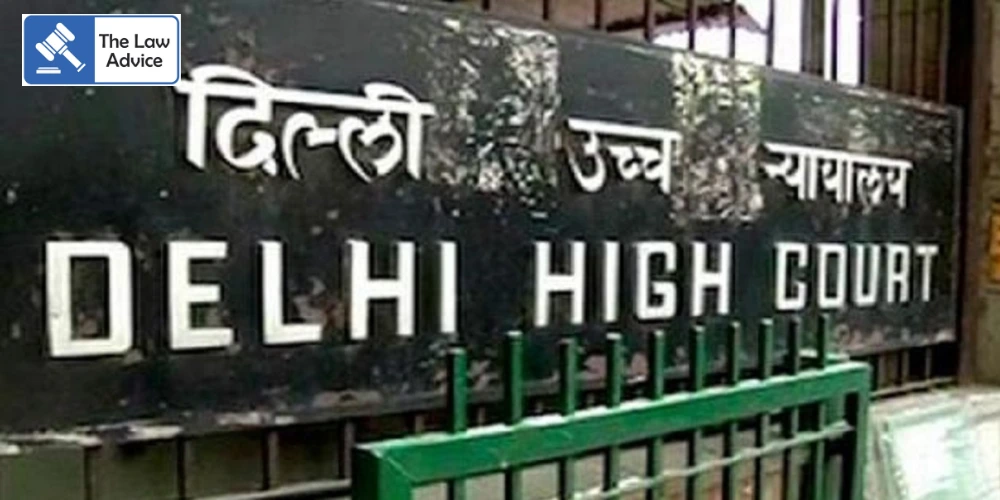In a landmark ruling reinforcing gender equality in the Armed Forces, the Delhi High Court has directed the Union Government to appoint a qualified woman candidate to the post of Air Force Pilot, holding that vacancies in the Indian Air Force Flying Branch cannot be treated as “male-only.”
A Division Bench of Justice C. Hari Shankar and Justice Om Prakash Shukla observed that in present times, “the distinction between male and female has been reduced to nothing more than a chance chromosomal circumstance,” and that continuing to deny women equal access to posts in the Armed Forces would be “illogical and anachronistic.”
The Case: Ms. Archana v. Union of India & Ors.
The dispute arose out of a UPSC notification dated 17 May 2023 inviting applications for 92 vacancies in the Armed Forces, including Air Force (Flying) posts. Out of these, two vacancies were earmarked for female candidates, while the remaining 90 were left open.
The two women-specific vacancies were filled, while out of the 90 unreserved vacancies, only 70 were filled by male candidates — leaving 20 vacancies unfilled. The petitioner, Ms. Archana, had secured the 7th position in the women’s merit list after the top two women candidates. Despite possessing the mandatory “Fit to Fly” certificate and clearing all examinations, she was denied appointment against the 20 unfilled vacancies, solely on the ground that they were not “reserved” for women.
Allowing the plea, the Court categorically held that the 90 unreserved posts could not be treated as reserved for men, but were open to both men and women. The judges criticized the authorities for leaving 20 posts vacant despite the availability of qualified women candidates.
“There being no dispute about the fact that 20 of the 90 vacancies remained unfilled, and the petitioner being 7th in the merit list of women candidates, there is no basis whatsoever not to appoint her,” the Court said.
Relying on the Supreme Court’s decision in Arshnoor Kaur v. Union of India relating to JAG (Judge Advocate General) posts, the High Court reiterated that recruitment processes cannot be interpreted or administered in a “gender-skewed” manner.
The Court further directed that the petitioner’s appointment must be made forthwith, and that she would be entitled to seniority and service benefits at par with the 70 male and 2 female candidates who had already been selected and appointed.
It added that if any vacancies still remained unfilled after appointing eligible female candidates, the authorities could resort to other permissible recruitment modes.
In its sharp remarks, the Court emphasized the need to abandon outdated gender stereotypes:
“The distinction between male and female has, in the present time, been reduced to nothing more than a chance chromosomal circumstance, and ascribing to it any greater relevance would be illogical as well as anachronistic. It is time… to wake up and smell the coffee.”
Significance of the Judgment
This ruling is significant as it strikes at the systemic exclusion of women from combat and operational roles in the Armed Forces. While earlier court interventions opened doors for women in the Navy, Army, and JAG posts, this judgment further cements the principle that vacancies cannot remain unfilled merely because the eligible candidate happens to be a woman.
Case Details
• Case Title: Ms. Archana v. Union of India & Ors.
• Bench: Justice C. Hari Shankar, Justice Om Prakash Shukla
• Petitioner’s Counsel: Mr. Sahil Mongia, Mr. Yash Yadav, Ms. Sanjana Samor, Advs.
• Respondents’ Counsel: Mr. Chetan Sharma, ASG with Mr. Rohan Jaitley, CGSC, and others.
